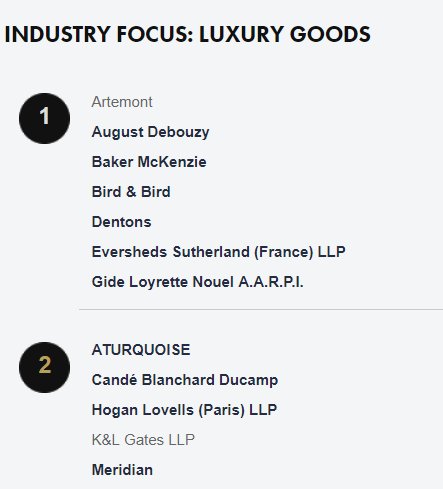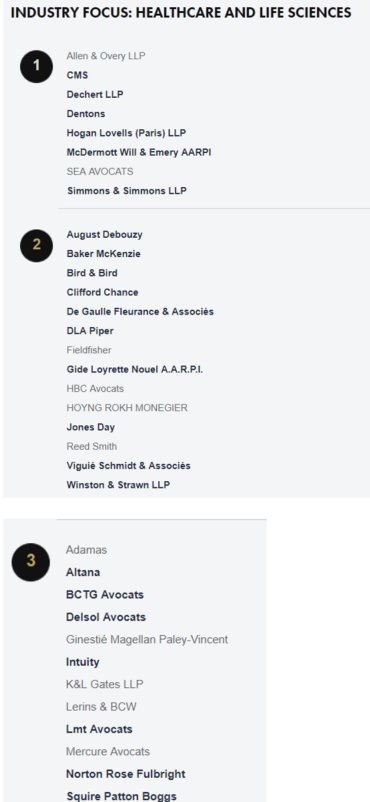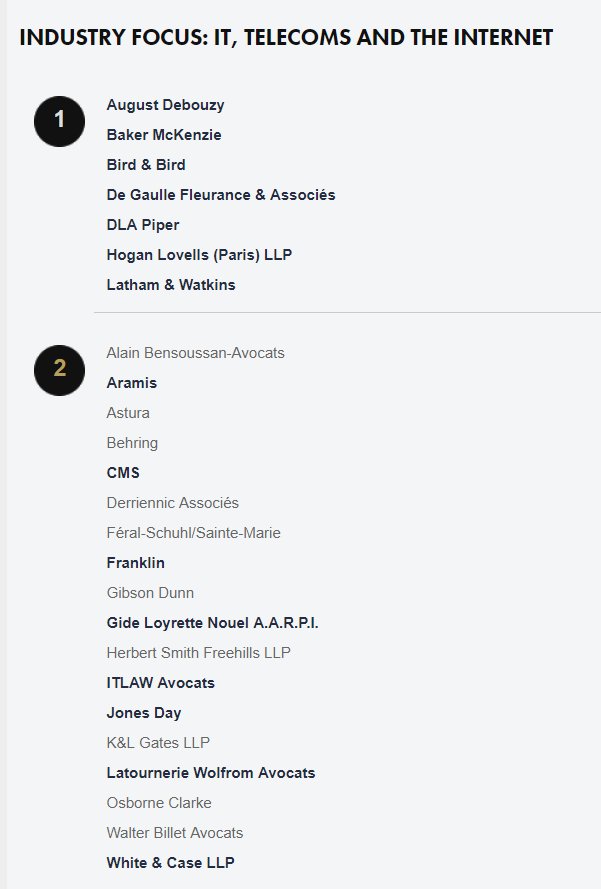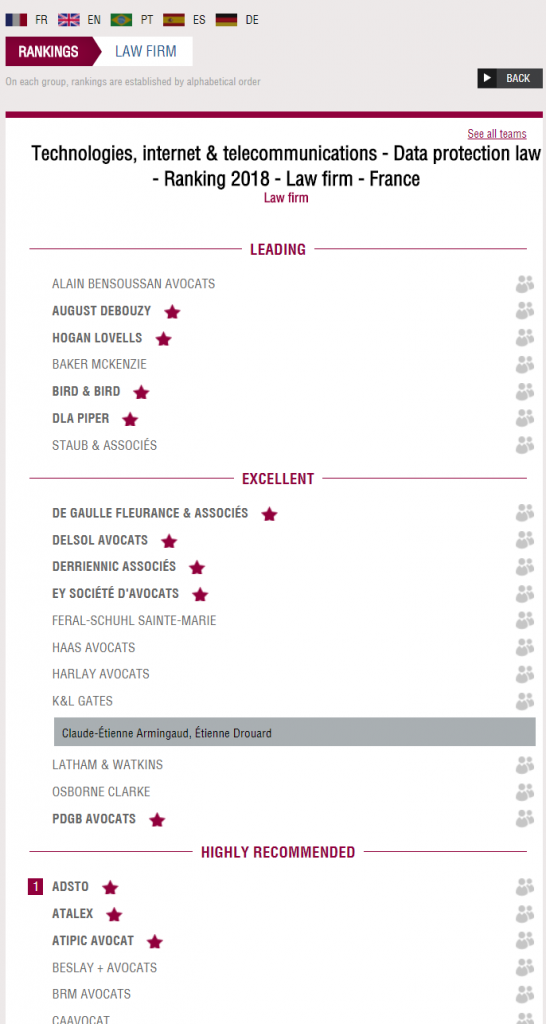On January 21, 2019, the French Data Protection Authority (Commission Nationale de l’Information et des Libertés, or “CNIL”) published its first sanction rendered under the General Data Protection Regulation (“GDPR”).
Barely eight months after GDPR entered into force, and the subsequent group actions that were introduced in France, the CNIL followed in their footsteps its other European counterparts. However, while Portugal in July drew first against a hospital with a EUR 400,000 fines, the Austrian and German follow-ups, respectively for EUR 4,800 and 20,000 underwhelmed in contrast with the EUR 20 million, or 4% of the global turnover of a company (which ever the greatest) maximum fines allowed under GDPR.
Today’s CNIL decision nevertheless set the possible path for upcoming application of GDPR, by striking a EUR 50 million fine against Google LLC.
This sanction followed the group complaints formed by Maximilian Schrems’s association “None Of Your Business” (“NOYB” – already behind the cancellation of the Safe Harbor in 2015 and currently litigating against the Standard Contractual Clauses in Ireland) and La Quadrature du Net (“LQDN”), which received a mandate from 10,000 individuals to refer the matter to the CNIL.
The CNIL grounded its decision on the lack of transparency and inadequate information of the individuals in order to deem the consent regarding the ads personalization invalid.
On the one hand, the CNIL highlighted that the information of the data subjects was diluted in a myriad of documents while applying to a plurality of services at once (e.g. Google search, You Tube, Google Home, Google Maps, Playstore…). This did not allow the user to gain a “just perception of the nature and the volume of data collected.”
On the other hand, the consent-gathering mechanism was deemed inadequate to obtain the “specific” and “unambiguous” consent required for such data processing operations. The CNIL notably criticized the blanket acceptance of “the processing of [users’] information as described above and further explained in the Privacy Policy”, which, according to the Regulator, does not allow the users to opt-it to the each particular processing operation at stake without additional steps for the users to reach the required information.
This decision, in addition to be the first rendered by the CNIL under GDPR, will also in all likelihood be the last under the current Secretary General, Isabelle Falque-Pierrotin, who will be replaced on February 1st, after heading the CNIL since 2011.







